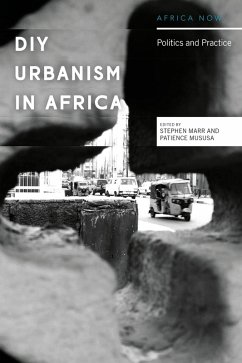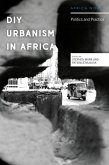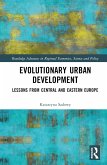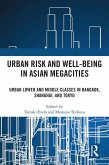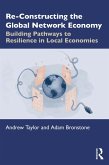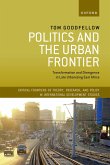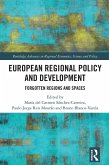Protracted economic crises, accelerating inequalities, and increased resource scarcity present significant challenges for the majority of Africa's urban population. Limited state capacity and widespread infrastructure deficiencies common in cities across the continent often require residents to draw on their own resources, knowledge, and expertise to resolve these life and livelihood dilemmas.
DIY Urbanism in Africa investigates these practices. It develops a theoretical framework through which to analyze them, and it presents a series of case studies to demonstrate how residents invent new DIY tactics and strategies in response to security, place-making, or economic problems.
This book offers a timely critical intervention into literatures on urban development and politics in Africa. It is valuable to students, policymakers, and urban practitioners keen to understand the mechanisms and political implications of widespread dynamics now shaping Africa's expanding urban environments.
DIY Urbanism in Africa investigates these practices. It develops a theoretical framework through which to analyze them, and it presents a series of case studies to demonstrate how residents invent new DIY tactics and strategies in response to security, place-making, or economic problems.
This book offers a timely critical intervention into literatures on urban development and politics in Africa. It is valuable to students, policymakers, and urban practitioners keen to understand the mechanisms and political implications of widespread dynamics now shaping Africa's expanding urban environments.

